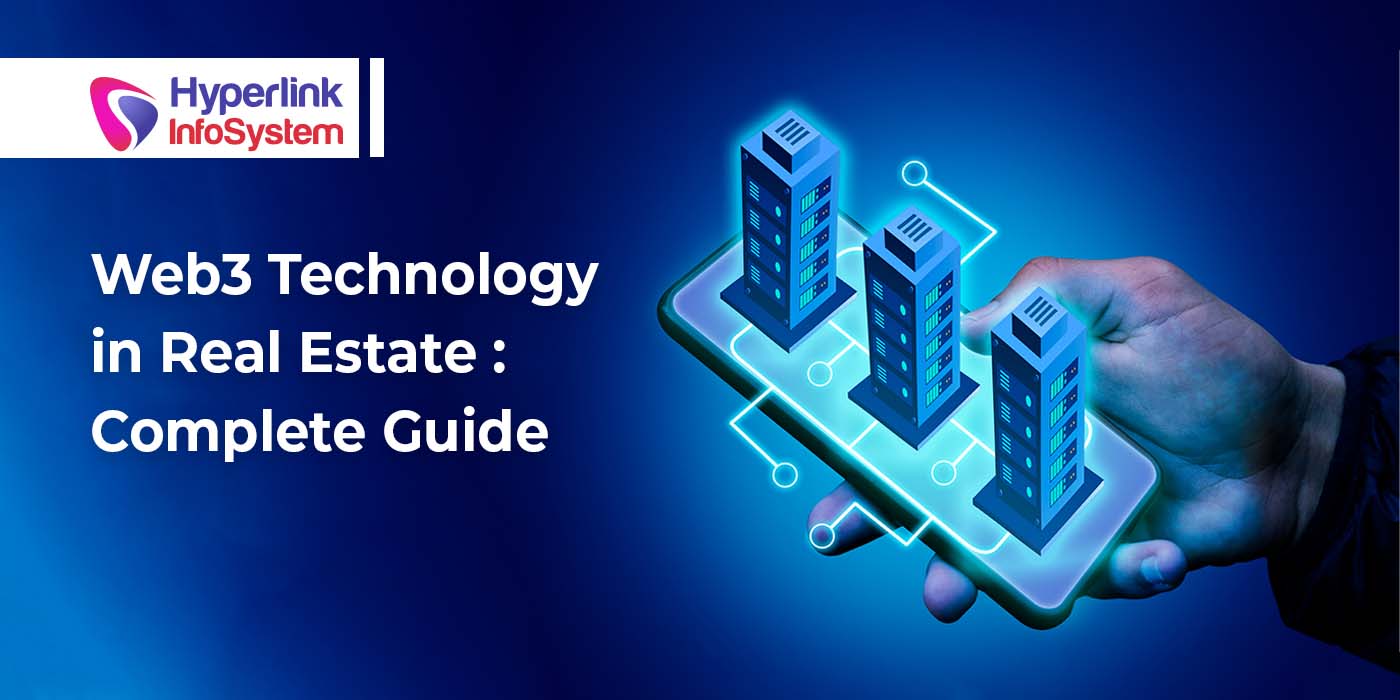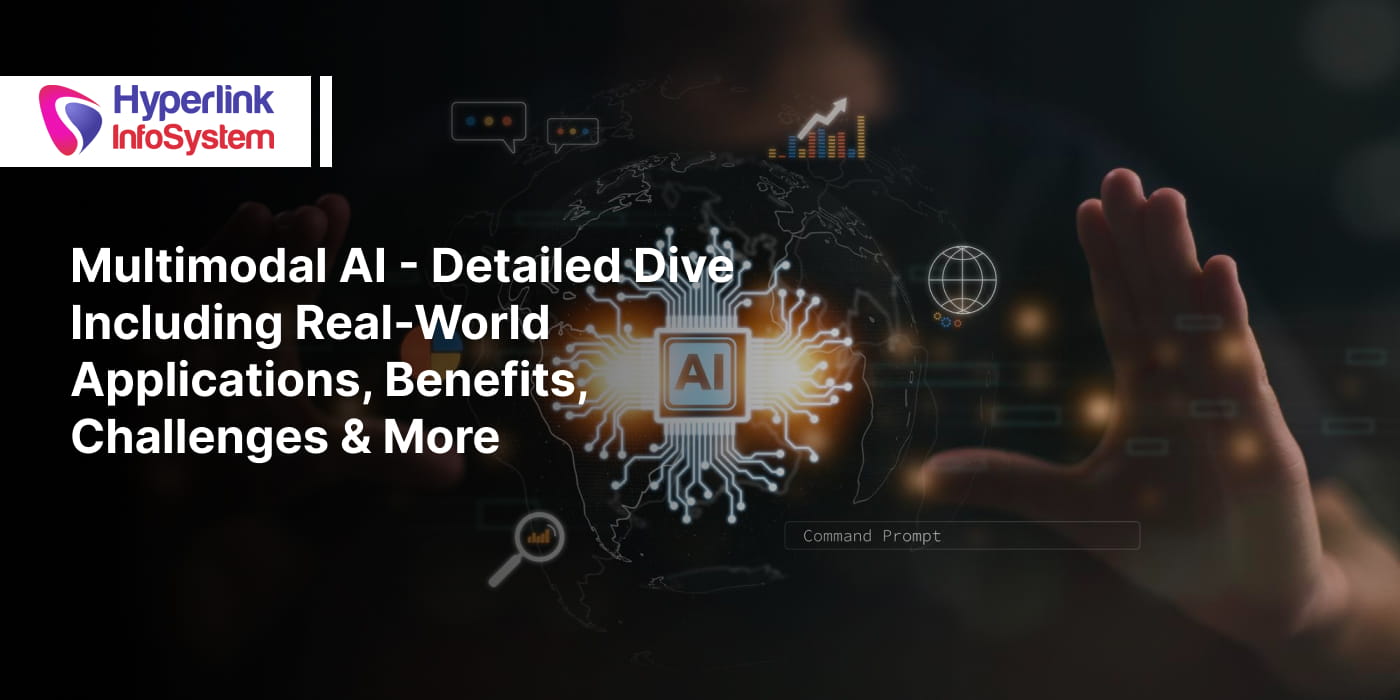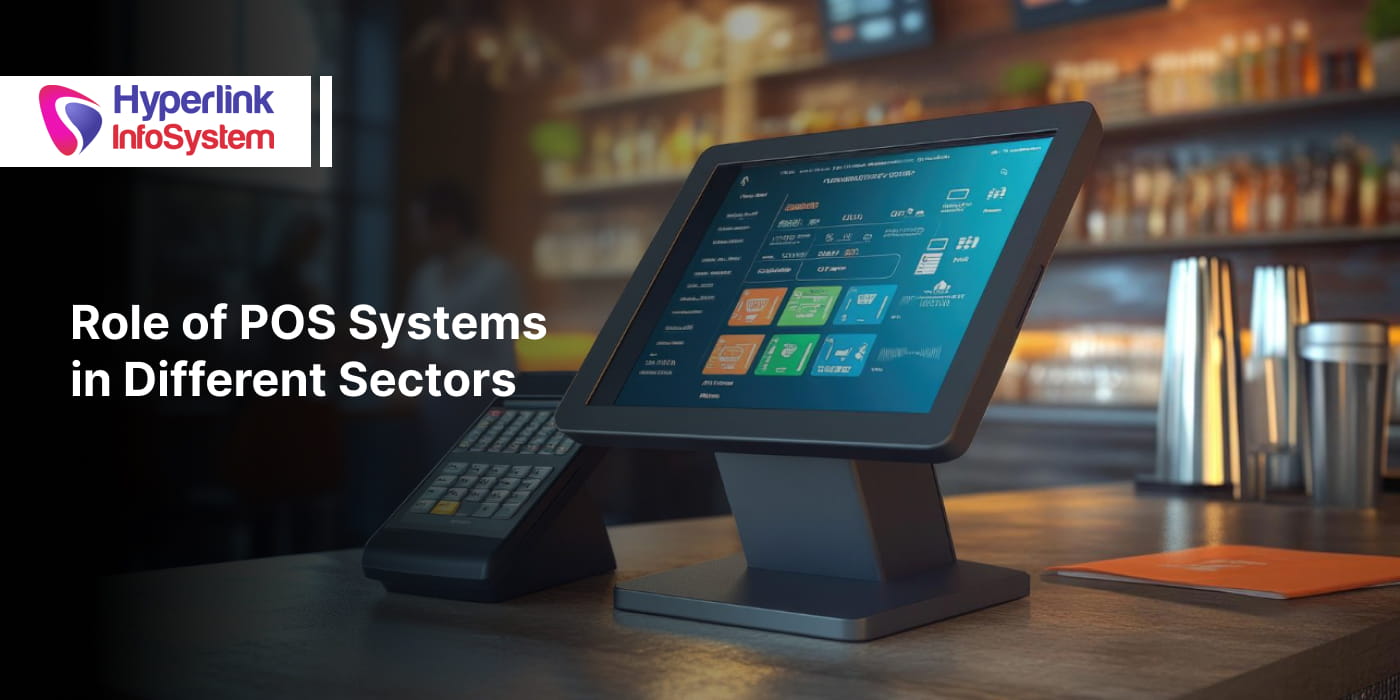In an era of relentless technological evolution, the advent of Web3 technology has ushered in a paradigm shift within the real estate domain. Web3, characterized by its decentralized architecture facilitated through blockchain and smart contracts, is primed to redefine traditional real estate practices. This introduction encapsulates the intricate interplay of Web3's architectural attributes within the real estate landscape.
Defining Web3 Technology and its Decentralized Nature
Web3, an evolutionary progression from Web 2.0, signifies a decentralized internet paradigm, orchestrated by distributed ledger technologies like blockchain. Its foundational principles encompass transparency, decentralization, and user sovereignty. In the context of real estate, Web3's decentralized nature disrupts traditional intermediaries, enabling direct peer-to-peer interactions in property transactions, thus dismantling conventional barriers and information asymmetry.
Significance of Applying Web3 to Transform Real Estate Practices
The application of Web3 in real estate marks a watershed moment by fostering a trustless and tamper-resistant environment.
Smart contracts embedded within Web3 protocols automate transactional processes, mitigating the need for intermediaries and expediting property deals. This transformation engenders heightened efficiency, cost reduction, and global accessibility, redefining real estate's modus operandi.
Benefits of Web3 in Enhancing Transparency and Security in Property Transactions
Web3's immutable blockchain ledger not only engenders unparalleled transparency in property ownership and transaction histories but also fortifies security by thwarting fraudulent activities and unauthorized alterations. Through cryptographic techniques and decentralized consensus mechanisms, Web3 bolsters data integrity and ensures that the provenance of real estate assets remains intact.
As the realms of Web3 and real estate converge, this article endeavors to delve deeper into the multifaceted aspects of this amalgamation, elucidating the implications, prospects, and challenges that arise at the intersection of these domains.
Tokenization of Real Estate Assets
Understanding Asset Tokenization and its Role in Real Estate
Asset tokenization, a fundamental concept within the Web3 paradigm, entails the representation of real-world assets as digital tokens on blockchain networks. In real estate, this transformative process involves fractionalizing property ownership into tradable tokens. These tokens are characterized by their divisibility, transferability, and provable ownership, thereby fostering liquidity and accessibility in real estate markets.
Benefits of Tokenizing Real Estate Assets on the Blockchain
The integration of real estate assets onto blockchain networks through tokenization redefines ownership models and democratizes investment opportunities. By lowering barriers to entry, it enables fractional ownership, thereby accommodating a broader spectrum of investors. Additionally, blockchain's immutability and transparency enhance the provenance and traceability of property assets, augmenting investor confidence.
Examples of Successful Real Estate Tokenization Projects
Numerous trailblazing ventures have demonstrated the transformative potential of real estate tokenization. Projects like "The St. Regis Aspen Resort" and "The Shard" in London have leveraged blockchain to tokenize property ownership, allowing fractional investments while streamlining property transactions. These exemplars underscore how Web3's tokenization can engender a paradigm shift in traditional real estate operations.
Decentralized Real Estate Marketplaces
Exploring Web3-Powered Platforms for Property Transactions
Decentralized real estate marketplaces, a cornerstone of Web3, challenge conventional centralized intermediaries by enabling direct property transactions between peers. Powered by blockchain, these platforms eliminate intermediaries, reducing costs and enhancing transaction speed. This section unravels the transformative potential of Web3-driven marketplaces in revolutionizing property transactions.
Peer-to-Peer Transactions Facilitated by Decentralized Marketplaces
Web3's decentralized ethos crystallizes within real estate marketplaces, enabling direct and frictionless property exchanges between buyers and sellers. Smart contracts streamline agreements, automating contract execution upon fulfillment of predefined conditions.
Ensuring Transparency and Security in Decentralized Real Estate Exchanges
The bedrock of Web3's decentralized real estate exchanges lies in blockchain's cryptographic security and transparency. Smart contracts, executed autonomously and transparently, alleviate concerns related to trust and reduce the risk of fraud. By recording transactions in tamper-resistant blocks, blockchain imbues transparency while safeguarding against unauthorized alterations.
The synergy between tokenization and decentralized marketplaces under the Web3 umbrella is poised to fundamentally reshape the real estate landscape. By embracing fractional ownership and bypassing intermediaries, these elements introduce unprecedented liquidity, accessibility, and security into the real estate domain. This article undertakes the intricate exploration of these transformative phenomena, underscoring the convergence of technological prowess and real estate tradition.
Smart Contracts for Real Estate Transactions
Introduction to Smart Contracts and their Role in Property Deals
Smart contracts, a quintessential Web3 innovation, introduce programmability into real estate transactions. These self-executing contracts encapsulate terms and conditions within code, automating transaction stages while ensuring accuracy and transparency.
Automating Real Estate Transactions Using Smart Contracts
Smart contracts revolutionize real estate deals by automating processes like escrow, title transfers, and payment release. These self-verifying contracts automatically execute upon meeting predefined conditions, expediting transaction timelines and minimizing intermediaries.
Advantages of Using Smart Contracts in Real Estate for Efficiency and Trust
Employing smart contracts in real estate imbues transactions with transparency, immutability, and tamper-proof execution. By reducing human intervention, they mitigate the risk of errors and disputes. This technology instills trust among stakeholders, as contractual obligations are inherently embedded within code.
Blockchain in Property Ownership and Management
Leveraging Blockchain for Transparent Property Ownership Records
Web3's blockchain technology augments property ownership records with transparency and tamper-proof characteristics. Blockchain's distributed ledger architecture ensures that ownership history remains immutable, reducing disputes and uncertainty.
Managing Rental Agreements, Leases, and Property Maintenance on the Blockchain
Blockchain's tamper-resistant nature finds application in rental agreements and property management. By recording lease terms, rental payments, and property maintenance activities on the blockchain, parties access a transparent and verifiable history of interactions.
Improving Dispute Resolution and Reducing Fraud with Blockchain-Based Property Records
Blockchain's role in property records transcends data integrity to address disputes and fraud. Immutable property records minimize ambiguity in ownership, simplifying dispute resolution. Additionally, blockchain's transparency acts as a deterrent against fraudulent transactions.
NFTs and Digital Real Estate Assets
Exploring NFTs' Application in the Real Estate Industry
Non-fungible tokens (NFTs) extend their influence to the real estate sector by tokenizing unique digital and virtual assets. These assets can encompass virtual real estate, digital collectibles, and more, opening new vistas for ownership and monetization.
Tokenizing Virtual Real Estate and Digital Property Using NFTs
Virtual real estate, often residing within metaverse environments, is ripe for tokenization using NFTs. These tokens confer ownership of digital plots, enhancing the notion of ownership within virtual realms.
Prospects for a Virtual Real Estate Market Driven by NFTs
NFTs are catalysts for constructing a decentralized virtual real estate market. This ecosystem fosters ownership, trading, and monetization of digital properties, engendering a paradigm shift in how real estate is perceived.
Challenges and Regulatory Considerations
Addressing Legal Challenges in Web3 Real Estate Transactions
Web3's disruptive nature introduces legal complexities that demand novel solutions. Smart contracts' legal enforceability, ownership disputes, and jurisdictional matters necessitate regulatory adaptation.
Regulatory Implications of Blockchain-Based Property Deals
Blockchain-powered property transactions necessitate regulatory frameworks attuned to the digital age. Collaborative efforts among legal experts, policymakers, and industry stakeholders are requisite to harmonize the legal landscape with technological innovation.
Ensuring Compliance with Local Property Laws and Regulations
Web3 real estate ventures must adhere to prevailing local property laws and regulations. Ensuring compliance while harnessing the benefits of blockchain underscores the delicate balance between innovation and legal conformity.
Conclusion
Incorporating Web3 technology into real estate heralds a transformative era. Blockchain development, intertwined with innovative concepts like tokenization and NFTs, fosters transparency, efficiency, and trust in property transactions. With the power of blockchain, property ownership, transactions, and even virtual real estate enter a realm of secure decentralization. The marriage of Web3 and real estate presents an opportunity for industry players to harness these advancements, creating a harmonious blend between traditional and digital assets. Collaborating with skilled developers, be it in blockchain or Laravel development, becomes paramount for crafting these intricate solutions. By embracing Web3's potential, stakeholders can sculpt a future where real estate transcends conventional boundaries through technology-driven innovation.























